This article was updated on 10/18/22.
Please note: As we continue to learn more about COVID-19, the information in this article may change. You can find our most up-to-date information about coronavirus here.
Now that several COVID vaccines and boosters are available, you probably have some questions about when children should get them. To help you, we’ve compiled some FAQs about the COVID-19 vaccines.
Which vaccines are currently available in the United States?
Please consult the Centers for Disease Control and Prevention (CDC) website for information about which COVID-19 vaccines and boosters are currently available.
How do the vaccines work?
None of the vaccines contain the COVID-19 virus.
The Pfizer, Moderna and Johnson & Johnson vaccines work by using an mRNA or DNA molecule that instructs your cells to make copies of a harmless protein that is on the outer shell of the COVID-19 virus. When your immune system detects this protein, it begins to produce antibodies as if the body has been infected. The antibodies will help your immune system fight off future COVID-19 infections.
The Novavax vaccine creates a similar immune response by injecting proteins from the outer shell of the COVID-19 virus along with an ingredient that stimulates the immune system, causing the production of antibodies. Similar protein-based vaccines have been used around the world for decades.
Learn more from the National Institutes of Health about the COVID-19 vaccines and they will work to protect those who get vaccinated and the people around them.
What are the vaccine’s side effects and how can I treat them?
Common side effects from the COVID-19 vaccine include:
- Pain, redness or swelling at the injection site
- Tiredness
- Headache
- Muscle pain
- Chills
- Fever
- Nausea
Most of the time, these side effects will go away in a few days.
Pain at the injection site (where the shot went into the arm) is also a common reaction. If your child feels pain or discomfort in the spot where they got their COVID‑19 vaccine, try placing a cool, wet washcloth on the area. You can also give them pain or fever-reducing medications following vaccination.
It is not recommended that you give your child any over-the-counter pain reliever before vaccination to prevent side effects.
Should I call my child’s pediatrician about any COVID‑19 vaccine side effects?
Contact your child’s health care provider if:
- The redness or pain at the injection site gets worse after 24 hours
- Their side effects are worrying you or do not go away after a few days
Seek immediate medical attention if you think your child is having a severe allergic reaction to the COVID‑19 vaccine. Signs of severe allergic reaction include rapid heartbeat, swelling of the throat, rash or hives. This reaction is extremely rare.
How should I prepare my child to receive the vaccine?
Make sure your child has eaten well and is hydrated prior to receiving the vaccine. The appointment itself should take only about 20 minutes. We encourage parents to discuss health concerns with their primary care physician prior to coming in for the vaccine. Questions about side effects, allergies and other topics are best answered by the child’s pediatrician.
What should parents look for after their child receives the vaccine?
We recommend that parents monitor their children for symptoms of chest pain, shortness of breath and fast or irregular heartbeat that may be consistent with myocarditis, and immediately report those symptoms to their doctor.
What is a booster shot?
A booster shot refers to an extra dose of a vaccine after the original series of shots has been given. It can be given months or years later. This is common for many vaccines, including influenza (flu), and is now also recommended for the COVID-19 vaccine.
The effectiveness of the COVID-19 vaccine can wane after several months, so the booster shot amplifies your immune response to the COVID-19 virus, increasing your protection against COVID-19 infection, hospitalization and death.
The initial booster shot developed for COVID-19 is known as the monovalent booster and it contains a component from the single original strain of the virus that was present in 2019. The updated bivalent booster came out in fall 2022 and contains components of two strains of the virus – the original strain and one common to the BA.4 and BA.5 strains of the omicron variant. Both Pfizer and Moderna developed bivalent boosters. The bivalent booster protects more fully against the omicron variant.
What is the difference between a booster and an additional dose?
A booster shot refers to an extra dose of a vaccine given after the original series of shots. An additional dose is given to people with compromised immune systems, and it helps the build the same level of immunity as people who are not immunocompromised.
If my child is eligible, should they get a COVID-19 booster shot?
Yes. While your child’s original vaccine continues to protect them against severe illness and death, it will wear off a bit over time. A booster shot provides extra protection against COVID-19.
What side effects can I expect from a COVID booster shot?
You can expect similar side effects to the ones experienced with your initial COVID vaccine. These include soreness in the arm that received the injection, fatigue, chills, fever, headache and muscle and joint pains.
Is it okay to get a booster dose of a different vaccine than the one you originally received?
Yes, boosters can be mixed. If you received Pfizer, Moderna or Johnson & Johnson for your initial vaccine series, you can receive any available COVID-19 booster shot – it does not have to match the brand you received for your first vaccine, though you will get the best protection if you are boosted with a Pfizer or Moderna vaccine.
Is the vaccine safe for pregnant women?
Yes. The CDC released new data on the safety of the COVID-19 vaccines in pregnant people and is encouraging all people 5 years and older, including people who are pregnant, breastfeeding, trying to get pregnant now, or might become pregnant in the future to get vaccinated against COVID-19.
Is it safe for my child to get the flu shot and the COVID-19 vaccine at the same time?
Yes, as long as your child is eligible to get the flu shot and the COVID-19 vaccine, then it is safe to administer them together.
Is there a chance that a coronavirus vaccine will cause MIS-C?
MIS-C, or Multisystem Inflammatory Syndrome in Children, is a condition in which different body parts become inflamed, such as the heart, lungs, kidneys, brain, gastrointestinal tract, skin or eyes. One of the reasons clinical trials are important is to make sure that the vaccines do not have any side effects, such as causing MIS-C. While the vaccines have yet to be tested in children, adult clinical trials have not resulted in any cases of MIS-A (Multisystem Inflammatory Syndrome in Adults). In fact, it is possible that by protecting against COVID-19, a vaccine will also protect against MIS-C.
Where can I get a vaccine?
Vaccine availability and distribution varies from state to state. For the most current information on vaccine distribution, contact your local health department:
Should I get vaccinated if I’ve already had COVID-19?
If you have already had COVID-19, you can still benefit from being vaccinated. A vaccine will add to your immunity to the virus and protect you from getting the virus again.
Can children with a known COVID-19 infection be vaccinated with the COVID-19 vaccine?
If your child has COVID-19, they should wait until they have recovered from the illness AND met the criteria to discontinue isolation before getting vaccinated against COVID-19.
My child already had COVID-19. Why should they get the vaccine?
Even if your child has already had COVID-19, they should still receive the vaccine once they have recovered from the illness. While there is some evidence that people who been infected with SARS-CoV-2 develop immunity for several months after infection, it is unclear if that immunity is fully protective and how long any protection may last. The vaccines have been studied specifically to answer these questions and have been demonstrated to be very effective at protecting vaccinated individuals from COVID-19.
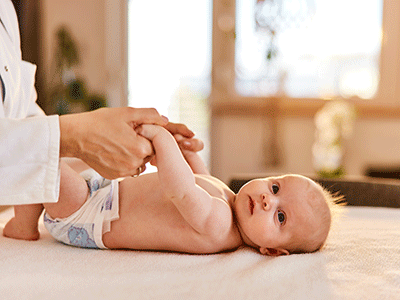 https://riseandshine.childrensnational.org/wp-content/uploads/2023/10/baby-with-doctor-feature.png
300
400
Rise and Shine
https://riseandshine.childrensnational.org/wp-content/uploads/2017/11/childrens_riseandshine_logo.jpg
Rise and Shine2023-10-16 13:00:402023-10-16 13:06:18FAQs about Nirsevimab — the new respiratory syncytial virus (RSV) vaccine
https://riseandshine.childrensnational.org/wp-content/uploads/2023/10/baby-with-doctor-feature.png
300
400
Rise and Shine
https://riseandshine.childrensnational.org/wp-content/uploads/2017/11/childrens_riseandshine_logo.jpg
Rise and Shine2023-10-16 13:00:402023-10-16 13:06:18FAQs about Nirsevimab — the new respiratory syncytial virus (RSV) vaccine


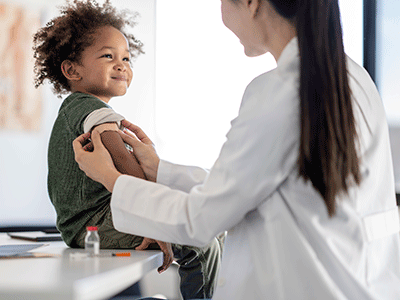
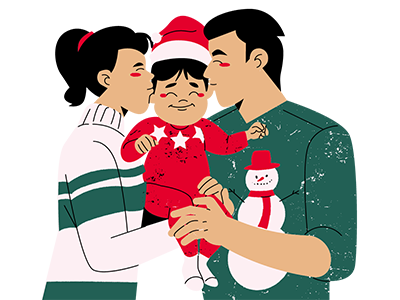
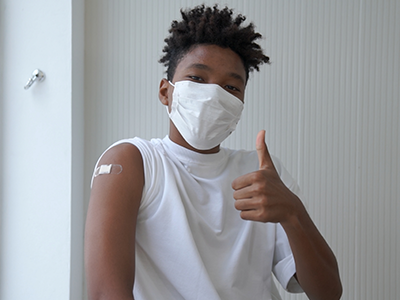
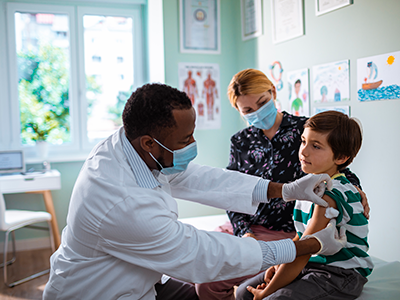
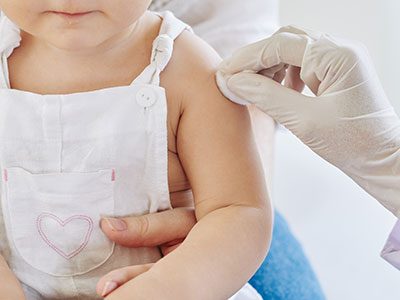
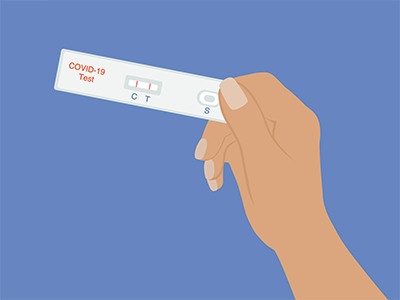
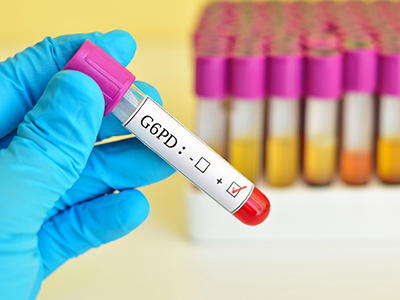
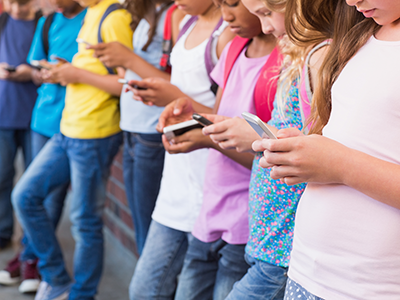
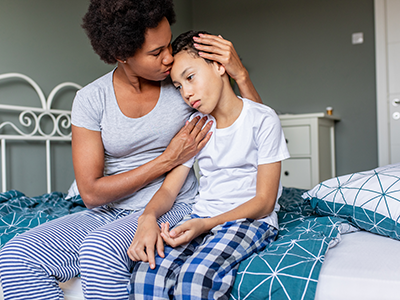
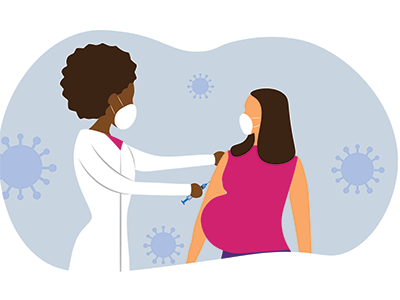
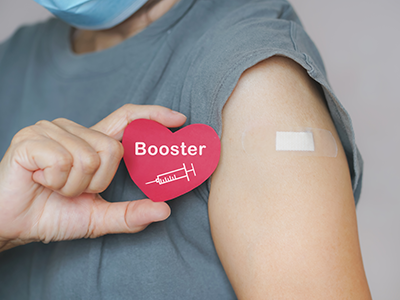
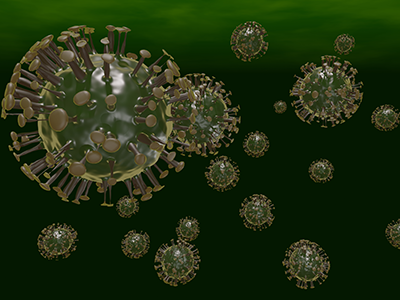

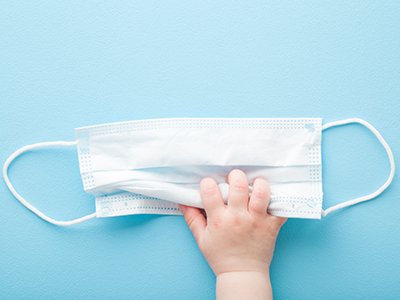
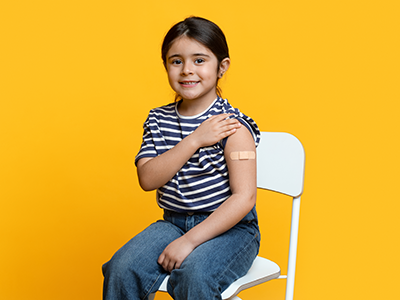
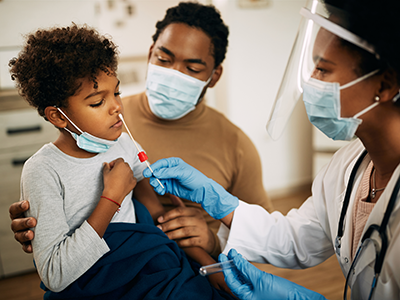
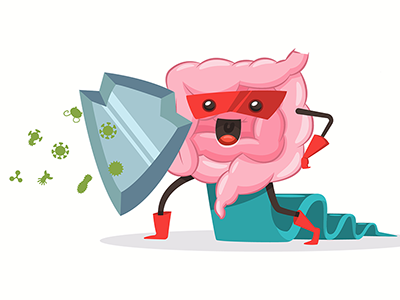
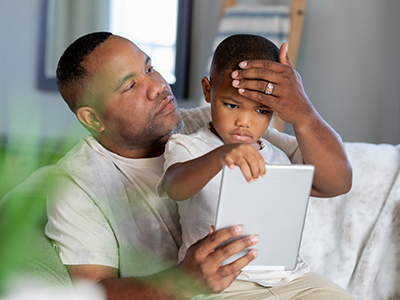
Leave a Comment
Want to join the discussion?Feel free to contribute!